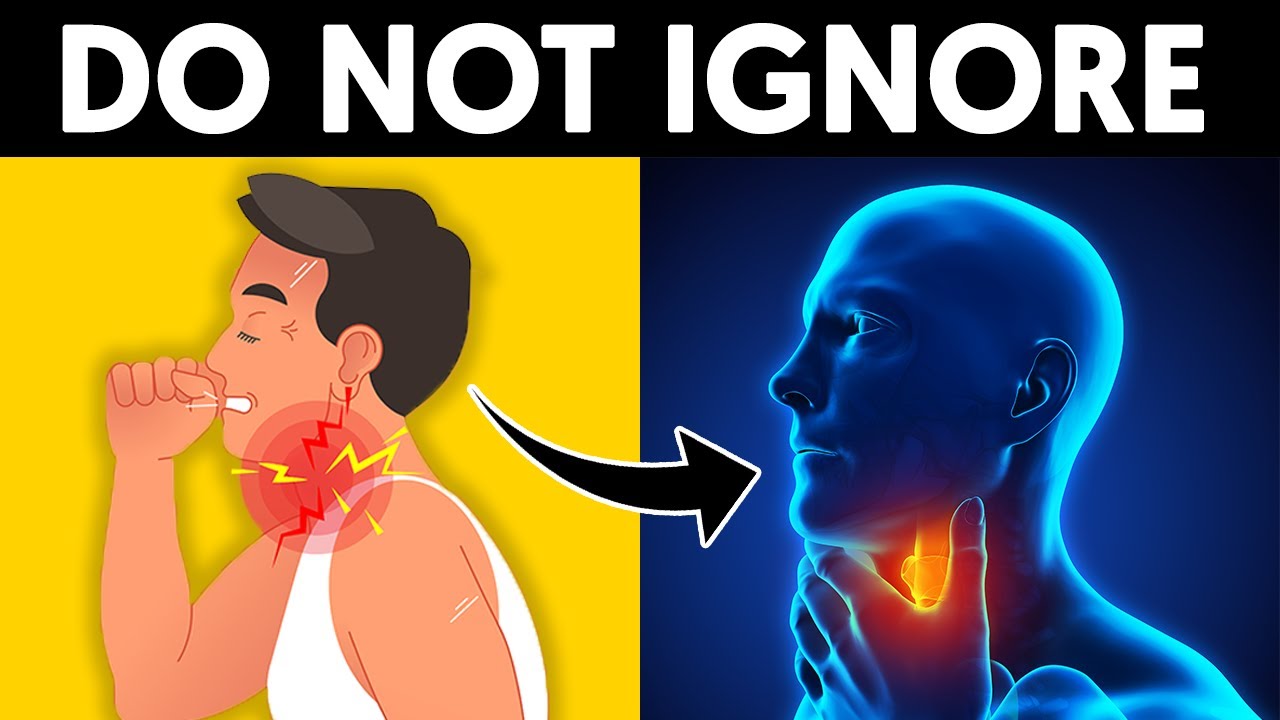
Signs You Look Sick
Have you ever wondered how to tell if someone is feeling unwell just by looking at them? Our bodies often give us visible signs when something is amiss internally. In this article, we will explore the various physical indicators that can suggest someone is sick. By understanding these signs, you can better assess your own health or recognize when a loved one may need medical attention. Let’s delve into the details of each indicator and what it could potentially signify.
Pale or Yellowish Skin

One of the most noticeable signs of ill-health is a change in skin color. When someone appears unusually pale or has a yellowish tint to their skin, it might be an indication of an underlying health issue. Paleness can be a result of reduced blood flow, anemia, low blood pressure, or even shock. Yellowing of the skin, on the other hand, can be a symptom of liver problems, such as jaundice. If you notice significant changes in skin color, it’s advisable to consult a healthcare professional.
Dark Circles Under the Eyes
Dark circles under the eyes are a common sign that someone may not be getting enough rest or sleep. However, they can also be an indicator of illness. When the body is fighting an infection or experiencing allergies, it releases histamines, which can cause blood vessels to dilate and become more visible. This dilation can lead to dark circles under the eyes. Additionally, conditions like anemia, dehydration, or thyroid issues can also contribute to the appearance of dark circles. It’s essential to consider these factors before assuming fatigue as the sole cause.
Flushed or Reddened Complexion
A flushed or reddened complexion can be indicative of several health conditions. The most obvious cause is an increase in body temperature, such as during a fever or an inflammatory response. Other potential causes include high blood pressure, rosacea, allergic reactions, or hormonal imbalances. Facial redness can sometimes be accompanied by sensations of warmth or discomfort. If you consistently notice a flushed face without an apparent explanation, it is advisable to seek medical advice.
Excessive Sweating or Clammy Skin
Excessive sweating and clammy skin are physiological responses that may indicate an underlying health issue. While sweating helps regulate body temperature, excessive perspiration can occur due to various factors such as fever, anxiety, hyperthyroidism, menopause, or certain medications. On the other hand, clammy skin, characterized by a cold, damp, and sticky feel, can suggest hypoglycemia, shock, or even a heart attack. Pay attention to these signals, especially when they occur unexpectedly or in combination with other symptoms.
Unexplained Weight Loss or Gain
Significant changes in weight without intentional effort are important to note, as they can signify underlying health problems. Unexplained weight loss may be associated with conditions like diabetes, hyperthyroidism, gastrointestinal disorders, or even cancer. Conversely, unexplained weight gain can be linked to hormonal imbalances, hypothyroidism, fluid retention, or certain medications. It’s important to differentiate between intentional weight management efforts and unintentional changes, as they can have different implications for overall health.
Persistent Fatigue or Tiredness

Feeling tired or fatigued from time to time is normal, but persistent fatigue that impairs daily functioning could be a sign of an underlying health issue. Conditions like anemia, chronic fatigue syndrome, depression, autoimmune disorders, or sleep disorders can cause ongoing exhaustion. If rest and lifestyle adjustments don’t alleviate persistent fatigue, it’s advisable to consult a healthcare professional to identify any potential underlying causes.
Frequent Coughing or Sneezing
Frequent coughing or sneezing can be indicative of various respiratory conditions or allergies. A persistent dry cough might be a symptom of asthma, acid reflux, or certain medications. On the other hand, a wet cough accompanied by mucus can suggest an infection, such as a cold or bronchitis. Sneezing, often associated with allergies, can also be triggered by viral infections. If these symptoms persist or worsen over time, it’s important to seek medical advice to determine the underlying cause.
Abnormal Body Odor
Changes in body odor that are different from an individual’s usual scent could indicate an underlying health issue. The human body releases various chemicals through sweat and other metabolic processes, which contribute to our natural odor. However, certain conditions like diabetes, liver disease, kidney dysfunction, or hormonal imbalances can result in distinct and abnormal body odors. It’s essential to pay attention to any significant changes in body odor and consult a healthcare professional if concerns arise.
Swollen Lymph Nodes
Lymph nodes play a vital role in our immune system and can become swollen when the body is fighting an infection or dealing with inflammation. Common areas where lymph nodes are noticeable include the neck, armpits, and groin. While swollen lymph nodes areoften a response to infections like colds or the flu, persistent or unusually enlarged lymph nodes could indicate a more serious underlying condition. These might include autoimmune disorders, certain types of cancer, or even HIV/AIDS. If you notice swollen lymph nodes that don’t resolve within a few weeks or are accompanied by other concerning symptoms, it’s crucial to seek medical evaluation.
Visible Rashes, Bumps, or Sores
The presence of visible rashes, bumps, or sores on the skin can be an indication of various health conditions. Skin issues can result from allergies, infections, autoimmune disorders, or even side effects of medications. For instance, a red, itchy rash may suggest an allergic reaction, while raised bumps could be a symptom of a skin infection such as impetigo. Sores that do not heal or appear unusual should prompt medical attention, as they can be signs of skin cancer or an underlying systemic condition.
Conclusion
In conclusion, recognizing the signs that indicate someone looks sick can be instrumental in identifying potential health issues. From changes in skin color to visible skin abnormalities and persistent symptoms like fatigue or coughing, our bodies often provide visible cues that something may be amiss internally. It is important to pay attention to these signs and take them seriously, as they can serve as valuable indicators for seeking medical attention.
However, it is crucial to remember that these signs alone are not definitive proof of illness. They should be considered alongside other symptoms and evaluated by healthcare professionals for accurate diagnosis and appropriate treatment. Self-diagnosis based solely on physical appearance is not recommended and can lead to misunderstandings or unnecessary worry.
If you or someone you know is experiencing any of the signs mentioned in this article, it is advisable to consult a medical professional for a thorough evaluation. Regular check-ups, open communication with healthcare providers, and maintaining a healthy lifestyle are essential for overall well-being and early detection of potential health issues.
Remember, taking care of your health is a priority, and being attentive to the signs your body may be giving you is an important step towards maintaining a healthy and balanced life.













